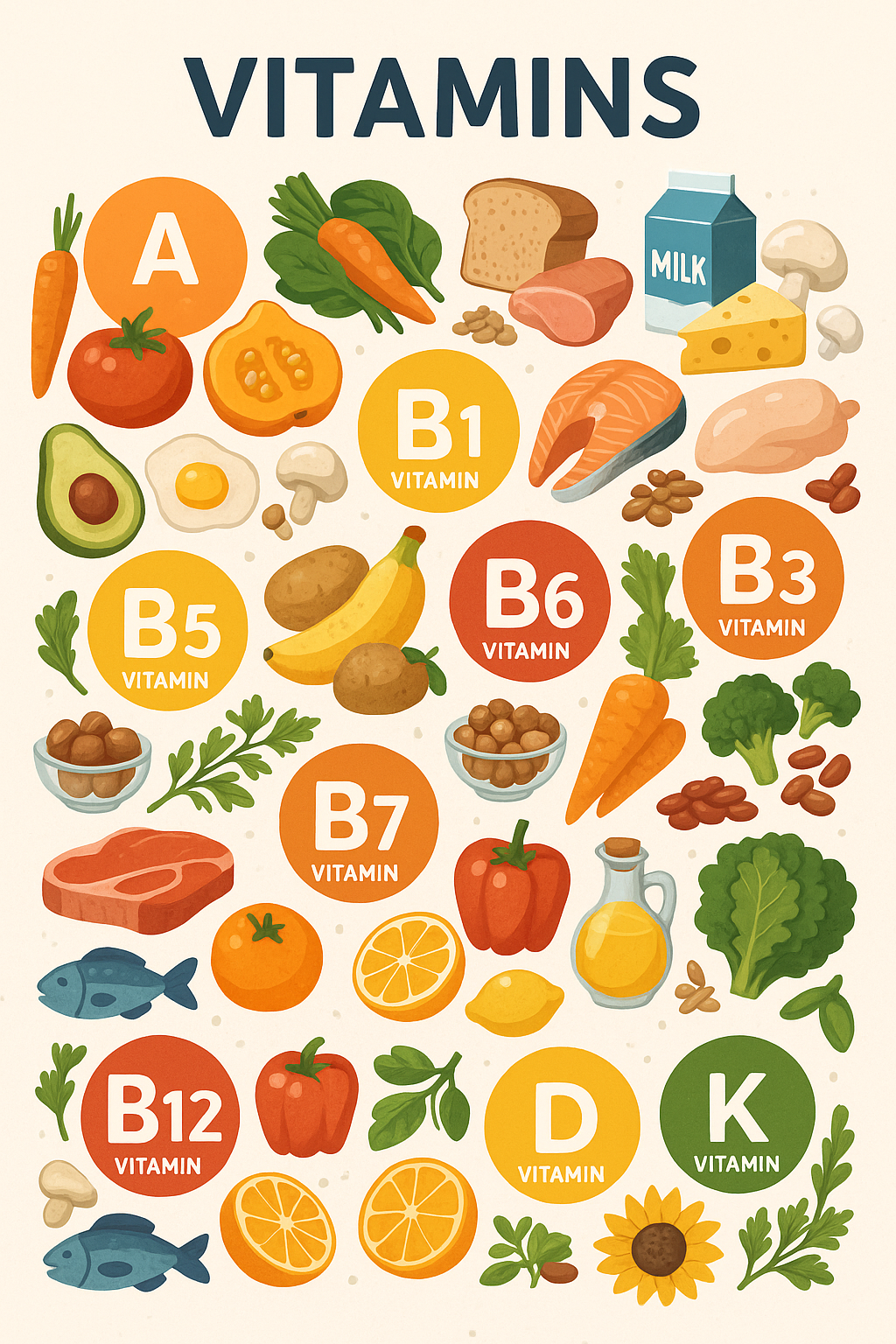Chronic Constipation, one of the very frequent gastrointestinal disorders is awfully distressing with a higher occurrence among females and aged people. The treatment usually involves the use of various laxatives that targets stool softening with increased intestinal contractions.
Bulk laxatives are hydrophilic in nature, they act by increasing the volume of stools which stimulates better intestinal peristaltic response. Bulk laxatives are extracted from algae and gums. Stimulant laxatives increase the secretion of water by the intestinal mucosa into the intestinal lumen. Osmotic laxatives work through osmotic effect which increases water secretion in the intestine. Dietary fiber, a group of non-digestible carbohydrates are resistant to hydrolysis by digestive enzymes and perform dual function. First, in colon they are transformed by colon microbiota into short chain fatty acids which function as prebiotics and enhance development of gut microbiota, which in turn softens and increases mass of stool. Second, they extract extra water into the colon to increase hydration of stool. A normal stool holds 74% water whereas hard one >72%, therefore as little as 2% variation in water could result in a more rapid movement and more easy evacuation. Dietary fibers differ based on their solubility, viscosity and fermentation by bacteria. Speedily fermentable soluble fiber function as prebiotic while moderately fermentable soluble fiber absorb large amount of water to give normal fecal consistency. Insoluble fiber reduces time in intestine by inducing water and mucus secretion.

Magnesium hydroxide based preparations are also verycommon for the treatment of constipation. At low dose, the action of magnesium hydroxide is based merely on its reaction with stomach acid protons to produce water: Mg(OH)2 + 2H+ –> Mg2+ + 2H2O.However at high dose, magnesium hydroxide works as osmotic laxative since all Mg(OH)2 is not transformed into Mg2+ in the stomach and converted into magnesium carbonate in the intestine. Magnesium carbonate absorbs water from intestine and soften the stool.
Food could play a very important role in the treatment of constipation. An adult person should consume 25-40g fiber daily. In order to have this much amount, fruits, vegetables and whole grains must be included in daily diet. Among fruits and vegetables Kiwis, apricots, dried plums, figs, spinach, beans and eggplant are highly recommended for constipation. The potential of dried plums as laxative is related partly to its fiber contents and partly to sorbitol (~15g/100g) which captures water as osmotic laxative. Figs, kiwi, papaya and pineapple contain cysteine proteases (ficin, actinidin, papain and bromelain respectively) that enhance protein digestion and decrease transit time in gastrointestinal tract. Being a rich source of both soluble and insoluble fiber, flaxseed (~13g/50g dietary fiber) is very effective for optimizing bowel movement. It is important to emphasize here that constipation may occur even when sufficient fiber is consumed without sufficient intake of water. In order to facilitate the laxative effect of dietary fiber, it is recommended to consume at least 2L water/day
In addition to the above dietary requirements, active lifestyle also supports normal bowel movements as scientific studies have demonstrated that physical inactivity may be one the important contributing factors for chronic constipation.




